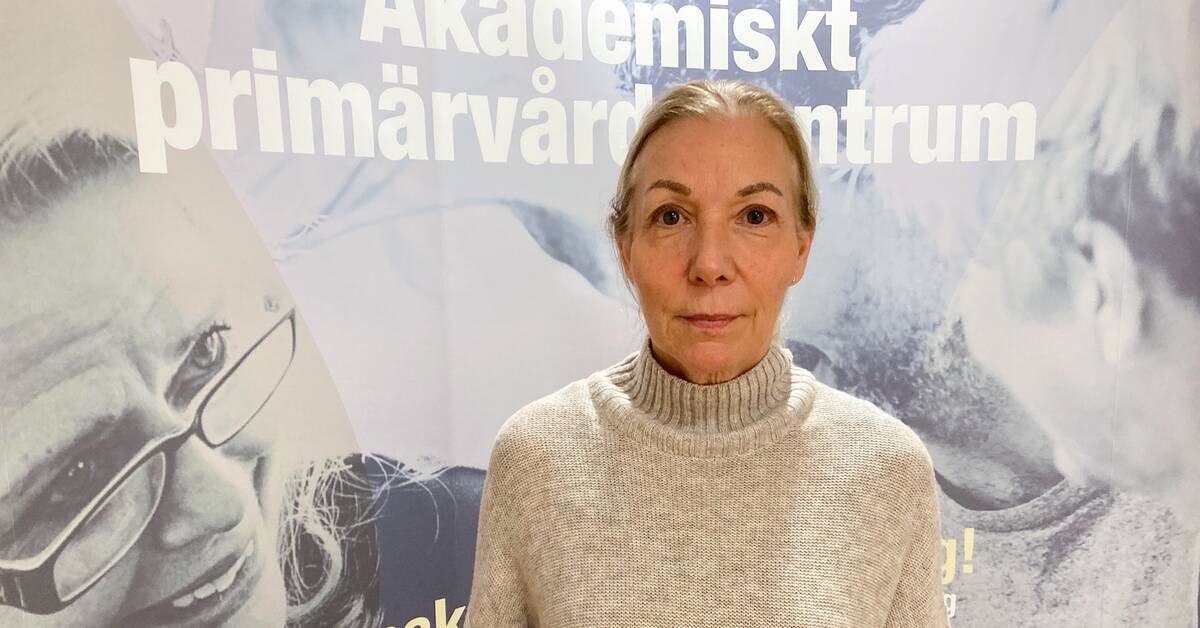More than 6,000 women in the region have answered questions about health and exposure to violence at 35 different midwife clinics.
The survey, which was conducted in 2020, states that violence in close relationships is a serious societal problem and that largely concerns health care because it often leads to ill health and illness, according to a press release.
- Without these women's commitment and time, we would not have had the knowledge we have today.
The report shows that violence in close relationships is common, that many victims of violence seek health care often and usually without telling about the violence.
It is important knowledge, says Ylva Elvin Nowak, acting operations manager at the Academic Primary Care Center who made the survey.
Few are asked if they are victims of violence
8.7 percent of non-pregnant women state that they live with ongoing violence in a close relationship, compared with 2.2 percent of pregnant women.
The most common exposure to violence is psychological violence.
According to the women, the most important thing to tell about the violence in a care contact is that someone actually asks the question, but among the women exposed to violence, more than 75 percent had never received a question from the care about violence.
Javascript is disabled
Javascript must be turned on to play video
Read more about browser support
The browser is not supported
SVT does not support playback in your browser.
We therefore recommend that you switch to a different browser.
Read more about browser support
Primary care is the care institution that meets the most potential victims of crime on a daily basis - yet the issue of criminal suspicion is not routine.
Hear Ylva Elwin Nowak from the Academic Primary Care Center about why.
Photo: SVT
Satisfied with the support they received
Of the women who, on the other hand, reported violence to the health service, the majority say that they received support and help.
The women also want the health service to ask if they are exposed to violence.
- It is something to take note of.
Patients do not take it badly if you just ask the question in a reasonable way and listen and respond to the answer.
To see, ask and act - it saves lives, says Ylva Elvin Nowak.

